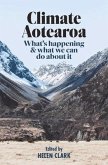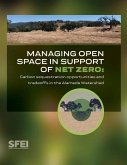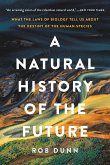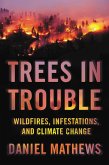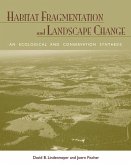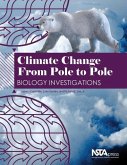Adaptation in the Face of Climate Change: When Resistance Is Futile: Stewarding Ecological Transformation in the Anthropocene demonstrates climate change adaptation strategies that step beyond conventional land and species management. Current conservative approaches are too timid to address likely ecological outcomes of climate emission scenarios that have already been exceeded and are inadequate to ameliorate the 6th extinction. This book closely examines the commonalities and differences among three locations, spanning from Maryland, the Pacific Islands and Alaska, to highlight the idea that there are no optimal choices in a world of non-analog futures and disequilibrium, only reasonable ones that accommodate continual change. Based on real-world considerations, the book discusses the implementation of adaptation strategies in the face of political obstacles. This book is essential to anyone interested in effective climate change adaptation, including Environmental Planners, Ecologists, Geographers and Biologists.
Hinweis: Dieser Artikel kann nur an eine deutsche Lieferadresse ausgeliefert werden.
Hinweis: Dieser Artikel kann nur an eine deutsche Lieferadresse ausgeliefert werden.


